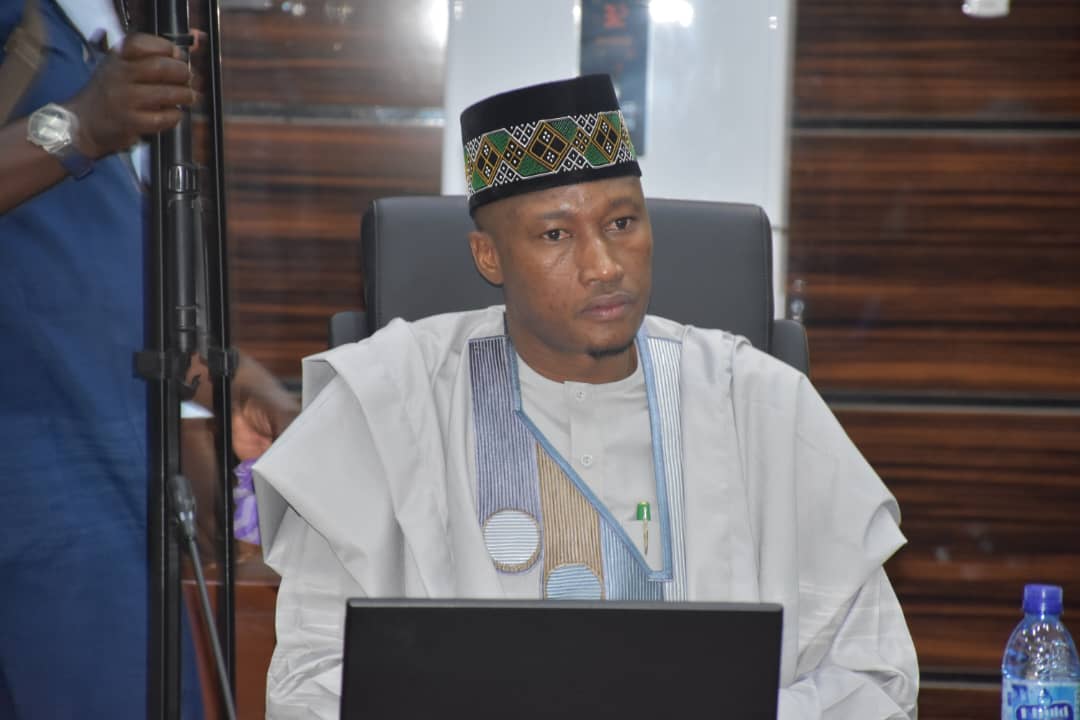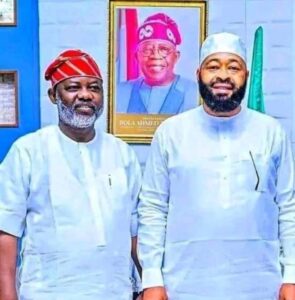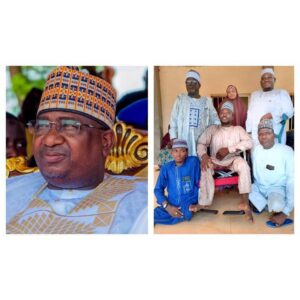
By Usman Abdullahi Koli
Across Nigeria, commissioners of finance are rarely remembered with fondness. They are often cast as men who ration the public purse with cold arithmetic, calculators without compassion, figures without feelings. Yet Bauchi presents a different example. Under the visionary leadership of His Excellency, Sen. Bala Abdulkadir Mohammed, Kauran Daular Usmaniya, Governor of Bauchi State, and with the stewardship of Dr. Yakubu Adamu, finance has been given a human face. Numbers have been made to breathe and figures have learned to serve lives.
His Excellency set the tone; Dr. Adamu followed the compass. Together, they have quietly redrawn the financial map of Bauchi. They have shown that finance is not only about balancing books but also about shaping destinies. When the foundation is firm, the structure above will endure. In Bauchi, Sen. Bala Mohammed chose to repair the foundation, and the Commissioner for Finance carried that mission with discipline and precision.
For more than two decades, civil servants endured a fractured salary structure that mocked both fairness and logic. Two officers of equal grade could collect different payslips, one heavy and one light. It was a bureaucratic wound that outlived successive administrations. Where others ignored or postponed it, His Excellency gave the order to confront it. Dr. Adamu, armed not with slogans but with spreadsheets, harmonised the system under that guidance. Today, Bauchi workers stand on a single transparent footing. Arithmetic at last became justice, courtesy of leadership that listens and a team that delivers.
But salaries were only the beginning. The financial house His Excellency inherited was leaking from every corner. Ghost workers haunted payrolls, phantom claims appeared on vouchers, and channels for siphoning public wealth ran deep. Where others might have patched the roof, Sen. Bala Mohammed directed a rebuild. Under that directive, Dr. Adamu blocked leakages, sealed loopholes, and dragged corruption into the light. Suddenly, those who once believed themselves untouchable were forced to answer questions.
Then came pensions, the cruelest wound of all. Retirees who had given their prime years to service were left to beg at ministry gates, their gratuities buried in dusty files. In Nigeria, retirement too often feels like punishment. It took His Excellency’s firm resolve to end that neglect. Dr. Adamu executed the directive with precision—dusting off files, reconciling debts, and signing cheques. For many, it was not only money but the restoration of dignity. Old men wept openly, women whispered prayers, and families felt relief return to their homes. Governments are remembered not for promises but for debts they choose to honour. On this score, Sen. Bala Mohammed reset the record.
Reform also meant opening windows, not just closing doors. Transparent processes and disciplined portfolios created the scent of order. Investors who once dismissed Bauchi as opaque began to look again with interest. His Excellency’s credibility and commitment to transparency gave confidence to the markets. Under his auspices, credibility was built steadily, without noise, and the state began to appear quietly on investment radars.
Inside the civil service itself, a cultural shift is unfolding. Performance management is no longer an empty phrase. Officers know that productivity must match pay. The culture of simply being present is giving way to the culture of results. Corruption, once treated as routine, has become a dangerous gamble. There is firmness, but there is also fairness. Staff have come to see that there is both an eye that watches and a hand that guides—and that hand is His Excellency’s, implemented faithfully by his finance team.
What distinguishes this reform era is not only the achievements but the manner in which they are carried out. His Excellency does not summon cameras to record every step. He does not rent billboards to plaster his name across city walls. His revolution is quiet but deep, silent but visible. The worker with a unified payslip feels it. The pensioner clutching a long-delayed cheque feels it. The investor negotiating with new confidence feels it. It is better to show than to tell, and His Excellency has chosen to let results speak for him.
Nigeria is too familiar with betrayal and squandered resources. Yet every so often another kind of account emerges, one of a leader who treats finance as a sacred trust rather than political loot. Bauchi today carries the mark of such an account, built under the leadership of Sen. Bala Abdulkadir Mohammed, Kauran Daular Usmaniya, and executed by loyal hands.
These reforms may not be announced with drums, but they carry dignity. Long after the noise of politics has shifted elsewhere, the echo of His Excellency’s work will remain in the payslips of workers, in the relief of pensioners, and in the confidence of a state that has found discipline as the foundation of its renewal.
In the arithmetic of governance, His Excellency has added fairness, subtracted leakages, multiplied credibility, and divided corruption. Few legacies speak louder. Few reforms cut deeper. And in years to come, when Bauchi looks back on its economic history, this era will be remembered not only as a time of reform but as the moment when the arithmetic of justice finally balanced.
Usman Abdullahi Koli,
mernoukoli@gmail.com.


